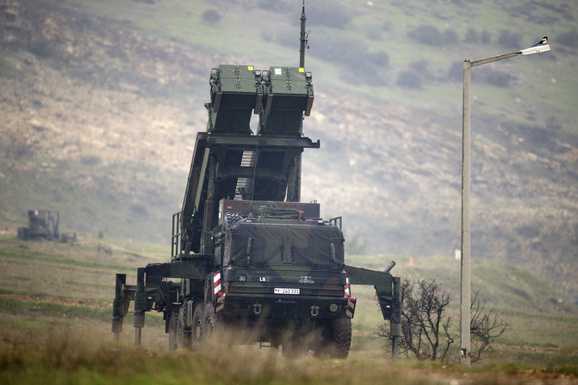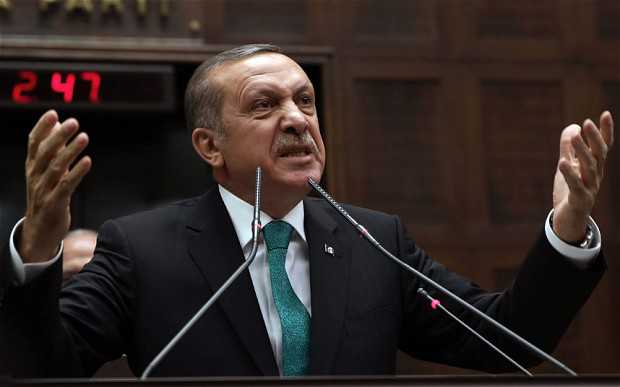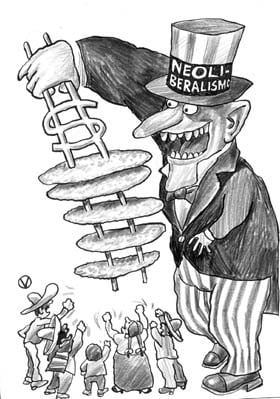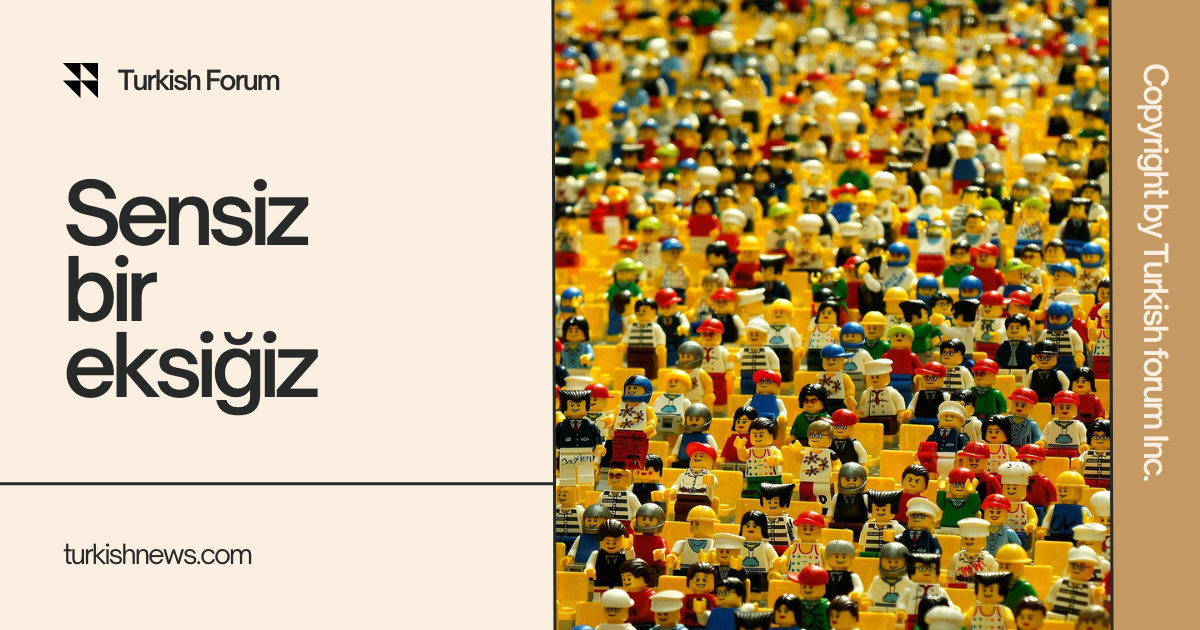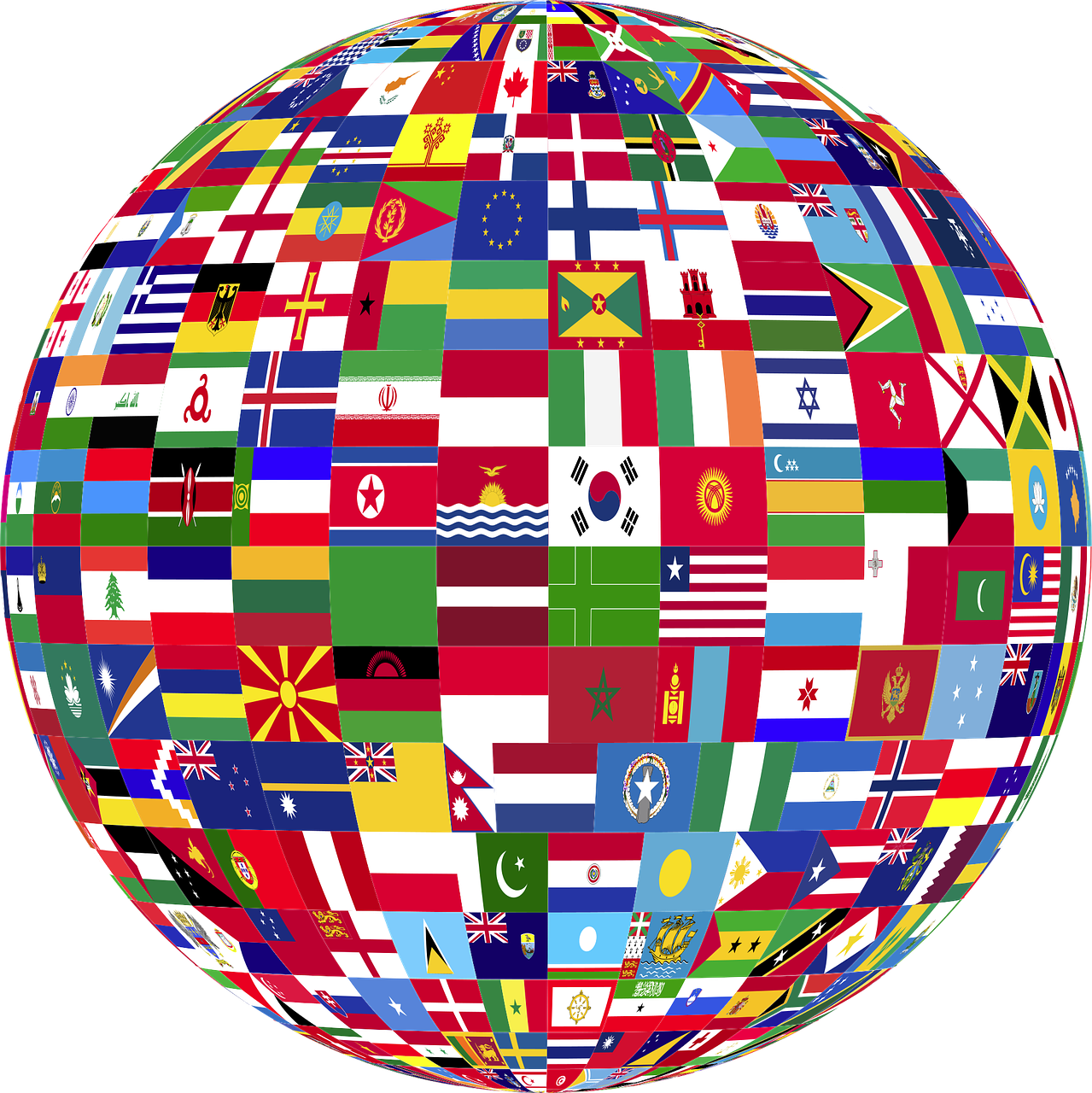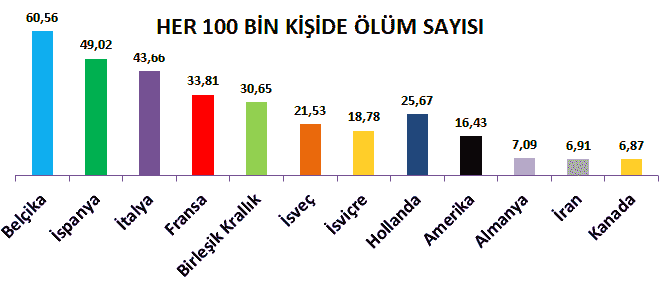Paul Iddon Contributor Aerospace & Defense I write mostly about Middle East affairs, politics and history.
A U.S. senator last week introduced legislation to provide funding to buy Turkey’s Russian-built S-400 air defense missiles. While that might theoretically break the contentious deadlock this issue has created between the two fellow NATO alliance members, it’s not likely to happen for a number of reasons.
TURKISH DEFENSE MINISTRY VIA AP.
Senate Majority Whip John Thune proposed an amendment to the 2021 National Defense Authorization Act (NDAA) that would authorize use of the U.S. Army’s missile procurement account to purchase Turkey’s sophisticated Russian-built long-range S-400 air defense missiles.
Since Turkey made the estimated $2.5 billion deal for the Russian missiles in 2017, Washington and Ankara have repeatedly butted heads over that unprecedented move. The U.S. repeatedly insisted that it was irresponsible and unacceptable for Turkey, a NATO member, to buy such an advanced Russian missile system.
Washington also insisted that having S-400s and stealthy fifth-generation F-35 Lightning II fighter jets operating in the same military could potentially enable Russia to glean sensitive information about the latter’s stealth capabilities.
Turkey insisted that such fears were unfounded.
Nevertheless, the U.S. suspended Turkey from the F-35 Joint Strike Fighter program, banned it from ordering F-35s for its air force, and began removing it from the aircraft’s lucrative production program.
The S-400 purchase also made Turkey eligible for sanctions under the Countering America’s Adversaries Through Sanctions Act (CAATSA). However, the Trump administration has avoided imposing any sanctions on Ankara under that law to date.
Thune is not the first U.S. politician to advocate some form of compromise with Ankara on the S-400 issue to avoid the imposition of CAATSA sanctions and any further deterioration in U.S.-Turkey relations.
Last July, the same month Turkey took delivery of the first components of its new Russian missiles, Senator Lindsey Graham suggested that if Ankara did not activate the system then Washington could reach some agreement with it and avoid having to impose any sanctions.
Turkey, however, doubled down on its vow to activate the system. It first tested its S-400’s radar against some of its air force’s U.S.-made F-16 and F-4 fighter fighter jets in Ankara last November and steadfastly reiterated several times that it would activate the missile systems in April.
April came and went as did that scheduled activation.
Turkey insists the activation is delayed because of the novel coronavirus pandemic, not because it had changed its mind, again insisting that it bought the system to use it.
Last August, U.S. Secretary of Defense Mark Esper said that Turkey would have to move the S-400s “out of the country” altogether before the U.S. would even consider allowing it back into the F-35 Joint Strike Program.
(DARDANELLAS/GETTY IMAGES)
If Thune’s proposed legislation somehow leads to a successful U.S. purchase of Turkey’s entire S-400 arsenal then Ankara will have fulfilled that main U.S. precondition for re-entering the F-35 program.
The Trump administration would likely welcome resolving the U.S.-Turkey S-400 impasse. President Trump, who has good personal relations with Turkish President Recep Tayyip Erdogan, had previously said it’s “not fair” that the U.S. can’t sell Turkey F-35s because of its S-400 purchase.
The president would undoubtedly welcome another opportunity to sell Turkey these jets. Turkey would also have a lot to gain from reclaiming its sizeable role in the Joint Strike Fighter production program given the dire state of its economy.
From an intelligence standpoint, possessing fully operational S-400 missiles would enable the U.S. to thoroughly inspect and test the advanced Russian system, evaluating all of its strengths and weaknesses.
In the late 1990s, Greece acquired Russian S-300 air defense missiles, the S-400’s older brother, that were previously destined for Cyprus. In more recent years, Israel reportedly got an opportunity to train its air force against those Greek missiles. This likely proved useful for the Israeli military since its regional adversaries Iran and Syria also possess S-300s.
The U.S. could similarly test and gauge the effectiveness of the S-400 if it purchased Turkey’s batteries.
Buying Turkish S-400s would certainly not be the first time the U.S. bought advanced Russian military hardware from a third country. In 1997, it purchased Moldova’s MiG-29 Fulcrum fighter jets to keep them out of Iran’s hands. Washington also took that opportunity to inspect those advanced Russian warplanes and gain a better understanding of their capabilities.
However, the U.S. is not likely going to actively seek to buy Turkish S-400s despite this proposed legislation. Turkey is also unlikely going to want to sell those missiles.
Following Thune’s proposal, Russia clarified that Turkey needs its permission if it wants to sell the S-400s to another country, something Moscow’s not likely to give Ankara since it certainly wouldn’t want the U.S. learning everything there is to know about one of its premier air defense systems.
Erdogan also wouldn’t want to antagonize Russia by selling the missiles since Moscow could well respond by making life much more difficult for Turkey in both Syria and Libya.
The Turkish government has already dismissed Thune’s suggestion. Also, Erdogan would be unlikely to accept Thune’s proposal even if it makes it into the final version of the NDAA and if Russia weren’t opposed to any sale.
The Turkish president seems to have risked so much to procure S-400s since it is, in many ways, the ideal air defense system for protecting Ankara against another coup attempt, something Erdogan deeply fears.
In the July 15, 2016, coup attempt, Turkish Air Force F-16s piloted by the putschists bombed Ankara, including the Turkish parliament. This deeply shocked Turks since it was the first time the city had experienced a military attack in 600 years.
Since Turkey’s military consists almost entirely of U.S.-built equipment, its capital city found itself effectively defenseless against its own warplanes. In the words of one Turkish analyst, “what was noticed during the 2016 coup attempt is that Turkey did not have any effective defense mechanism against ‘its own’ American made weaponry!”
If there is another similar coup attempt, Turkish S-400s that are not integrated into Turkey’s air defense networks would likely prove very well placed to shoot down any renegade Turkish F-16s targeting the capital. After all, the Russian-built system was designed with the possibility that it might one day have to shoot down NATO warplanes.
It’s likely for this reason that Erdogan decided to risk so much to acquire Turkey’s S-400s. It’s also likely why he’s so unwilling to give them up and absolutely willing to endure all of the negative political and economic consequences for Turkey that comes with holding onto and eventually activating them.
Paul Iddon
I am a journalist/columnist based in Erbil, Iraqi Kurdistan from where I’ve been writing about regional affairs for five years now._ _ _ _ _ _ _ _
NOT/NOTE:
Rusya zaten S-400 sisteminin üçüncü bir ülkeye izinsiz devredilmeme şartını başından koşmuş bulunuyor.
Üstelik Rusya istediği an sistemin uydu bağlantısını kesip saf dışı bırakabilir.
Washington’da Yigal Carmon adında eski bir İsrail istihbarat ajanının 1998’de kurmuş olduğu Middle East Media Research Institute (MEMRI) adında bir kuruluşun Rusya’da Versia haber sitesinde S-400’ler ile ilgili yayımlanmış bir haberi ileten 29 Haziran 2019 tarihli bildirisinde Rusların Türkiye’ye satılan füzelerin kendilerine karşı kullanılmasını veya füzeler hakkında gizli bilgilerin ABD’ye sızmasını önlemek için bu tedbirleri almış oldukları yazılıydı:
1- Füze sisteminin elektronik yazılım kodları paylaşılmayacakmış.
2- Sistemin elektronik hafızasına girme (hack) girişiminde bulunulursa bilgisayar hafızasındaki tüm bilgileri derhal otomatik olarak silmeye programlıymış.
3- Antlaşma gereğince Türkiye’nin S-400 sisteminin içine girmesine veya değişiklik yapmasına izin yokmuş.
4- Sistem bakımını sadece Rus teknisyenler yapacaklarmış ve üzerindeki mühürleri kontrol edeceklermiş.
5- Her füze bataryasının içinde sezici aletler bulunuyormus ve içini açmaya kalkışılırsa sistem otomatik olarak uzayda bir Rus askeri peykine elektronik sinyal gönderiyormuş.
6- Eğer bu sinyale mani olacak herhangi bir hangara konulur ve sinyal bağlantısı kesilirse, tüm sistem çalışmaz hale geliyormuş.
7- Tüm hava savunma sistemlerinde olduğu gibi S-400 sisteminin dost-düşman uçağı ayırımı yapma yeteneği varmış.
Haberin İngilizce metni:
“ … when the Turkish authorities made a deposit for the S-400 delivery, they unexpectedly put forward a number of additional conditions. The Turks began insisting that secret technologies be transferred to them and on the joint production of rocket systems. Officially, it is reported that the Russian side refused to fulfill this request and access to the internal systems of the S-400 anti-aircraft missile complexes was excluded [from the contract]. Well, there is no choice but to believe these statements.
“Now Russian manufacturers say that no documentation on production data is transferred to Turkey, and therefore Ankara, and especially the Americans, will not be able to gain access to the S-400 systems. Upon an attempt to bypass the password and hack the system, the computer will automatically destroy all the data embedded in it. According to the agreement, Turkey does not have the right to disassemble the complexes and modify them. According to the manufacturers, this ensures that the Russian S-400 systems are reliably protected from any copying infringements. Armament maintenance will also be handled exclusively by Russian specialists, who will be able to control the integrity of the manufacturing seals.”Additionally, each piece of machinery has special sensors that transmit a signal to a satellite military communication channel if someone makes an unauthorized dissection. And if an attempt is made to place the complex in a special hangar that obstructs signal transmission, all S-400 equipment will be instantly blocked. Also, for reliability, air defense missile systems are equipped with ‘friend-foe’ recognition systems.”(Kaynak: https://www.memri.org/reports/russian-media-outlet-versiaru-experts-fear-s-400-delivery-turkey-may-lead-secret)

